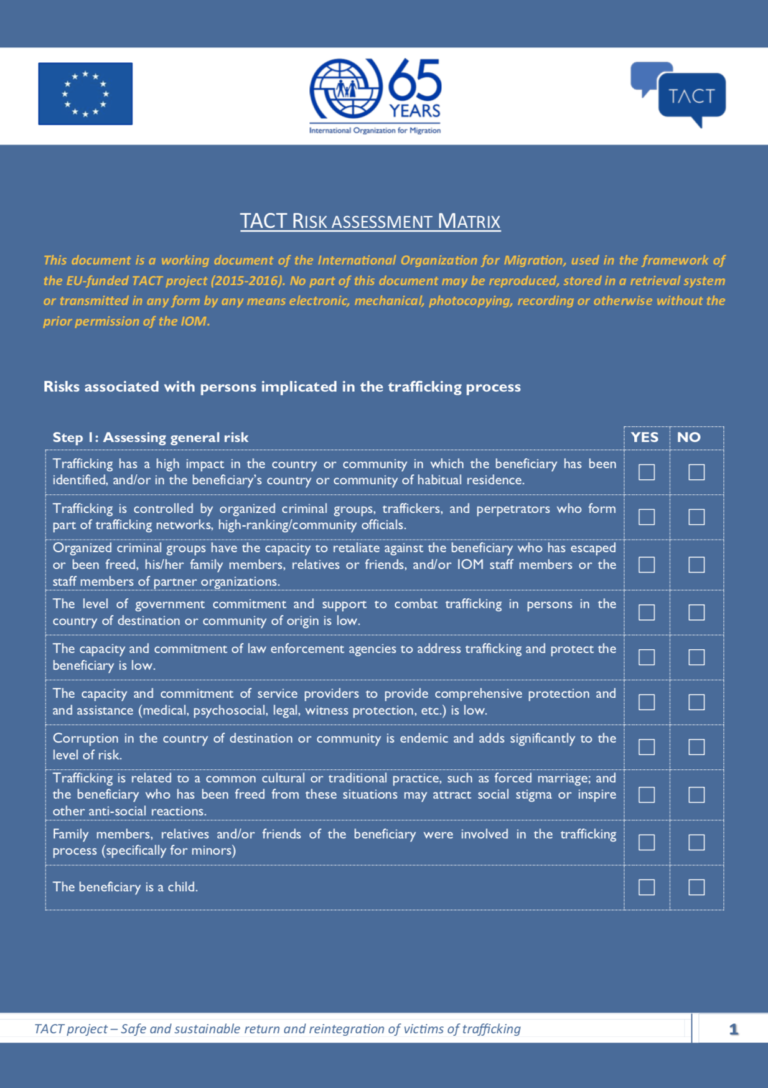A Checklist & Guidance for Assessing Compliance
GuidanceThe aim of this checklist is to help compliance personnel perform better assessments. Such assessments are a key link in the implementation of corporate codes of conduct and enable auditors to identify forced labour at enterprise level and in globa...Read More

